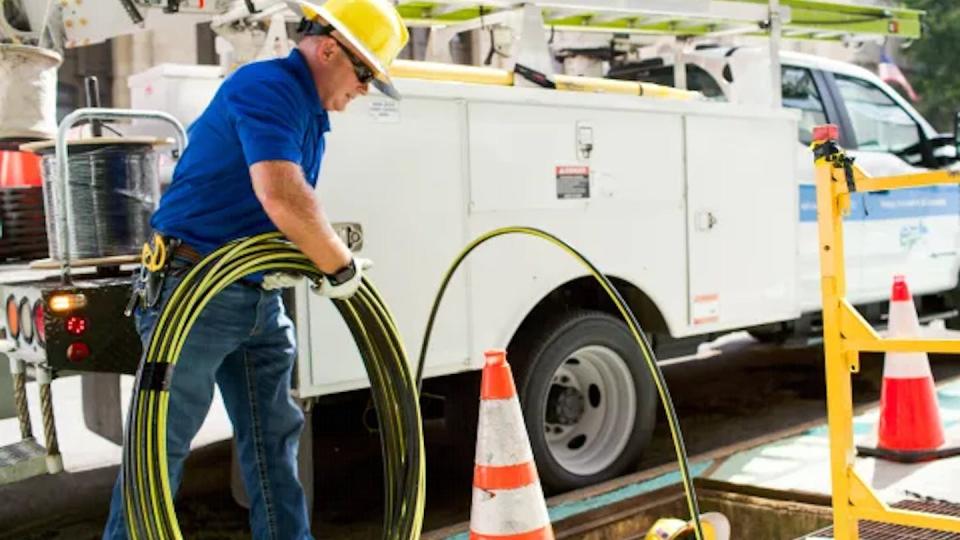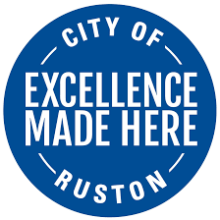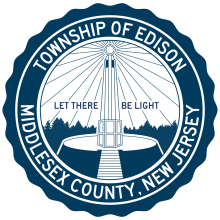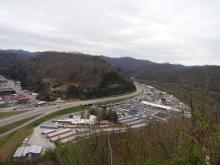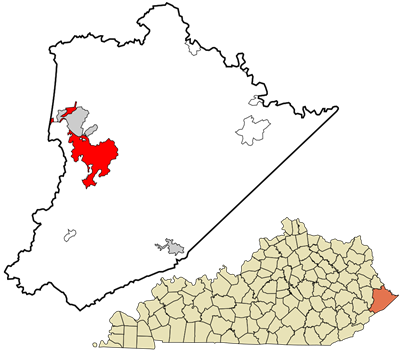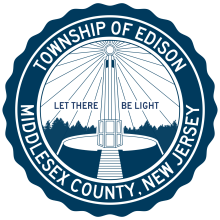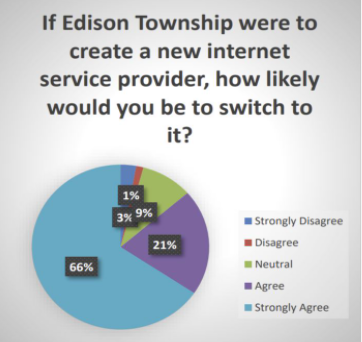Monahans, Texas Builds Its Own ‘Labor Of Love’ Fiber Network
Tired of the high prices, spotty coverage, and slow speeds of regional monopoly broadband providers, the remote West Texas city of Monahans has spent the last decade taking matters into their own hands.
Now, thanks to hard work, determination, and local philanthropy, the city’s 7,500 residents are headed for the right side of the digital divide.
Carroll Faulkner, who consulted with the city on its project, and Teresa Burnett, executive director of the Monahans Chamber of Commerce, told ILSR the project to bring Monahans into the modern era has been a challenging labor of love.
It has recently culminated in the completion of the first phase of the project, bringing affordable fiber to around 2,000 residents in city 36 miles southwest of Odessa.

“We are very passionate about this project,” Burnett told ILSR. “It's been a lot of ups and downs, and it's been 10 long years.”
The city’s network build is in partnership with Hosted America, which is acting as the first last mile ISP serving residents, and View Capital’s American Fiber Infrastructure Fund, which technically owns the finished network. Hosted America enjoys early exclusive usage of the network, but the duo say the network will ultimately be open access, allowing numerous partners.
Phase one of the network plan was completed roughly a year ago, bringing affordable fiber for the first time ever to around 2,000 locals. The full cost of phase one was expected to be around $4.5 million, said Faulkner, of which around $1 million was funded by the 2020 Coronavirus Aid, Relief, and Economic Security (CARES) Act.
The remainder of the funding was obtained from View Capital and a coalition of philanthropic organizations.




